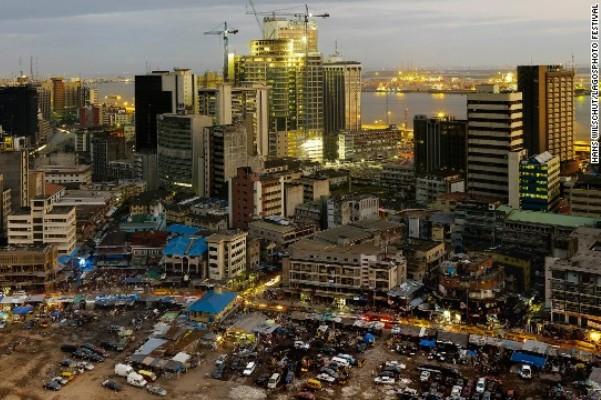Nigeria’s economy has undergone a significant revaluation, with the National Bureau of Statistics (NBS) officially rebasing the Gross Domestic Product (GDP) for the first time in 11 years. The exercise has pushed the country’s nominal GDP for 2024 to an impressive N372.8 trillion, while concurrently reporting a 3.13 per cent year-on-year growth in the first quarter of 2025.
The upward revision reflects a more comprehensive capture of economic activities within the nation, aiming to provide a more accurate picture of its size and structure. This substantial increase in the nominal GDP, also reported as approximately $243 billion for 2024 by some outlets, is largely driven by the robust performance of the services sector, which has been highlighted as a primary catalyst for the Q1 2025 economic expansion.
Despite the significant rebasing, Nigeria maintains its position as the fourth largest economy on the African continent. This indicates that while the nation’s economic output has been re-evaluated to a higher figure, other leading African economies have also experienced growth or their rebased figures remain larger.
Also see: Creation of Ethiope State will address imbalances – Dafinone
However, the positive economic indicators are tempered by persistent concerns regarding poverty. Recent reports from the Daily Trust, among other sources, indicate that despite the rebased GDP and economic growth, the national poverty rate has unfortunately worsened. This highlights the critical challenge of translating economic growth into tangible improvements in living standards for the average Nigerian, underscoring the need for more inclusive growth strategies.
The NBS data provides crucial insights for policymakers, investors, and stakeholders as Nigeria navigates its economic trajectory. The focus remains on leveraging this growth, particularly from the services sector, to address socio-economic disparities and foster sustainable development across the nation.



